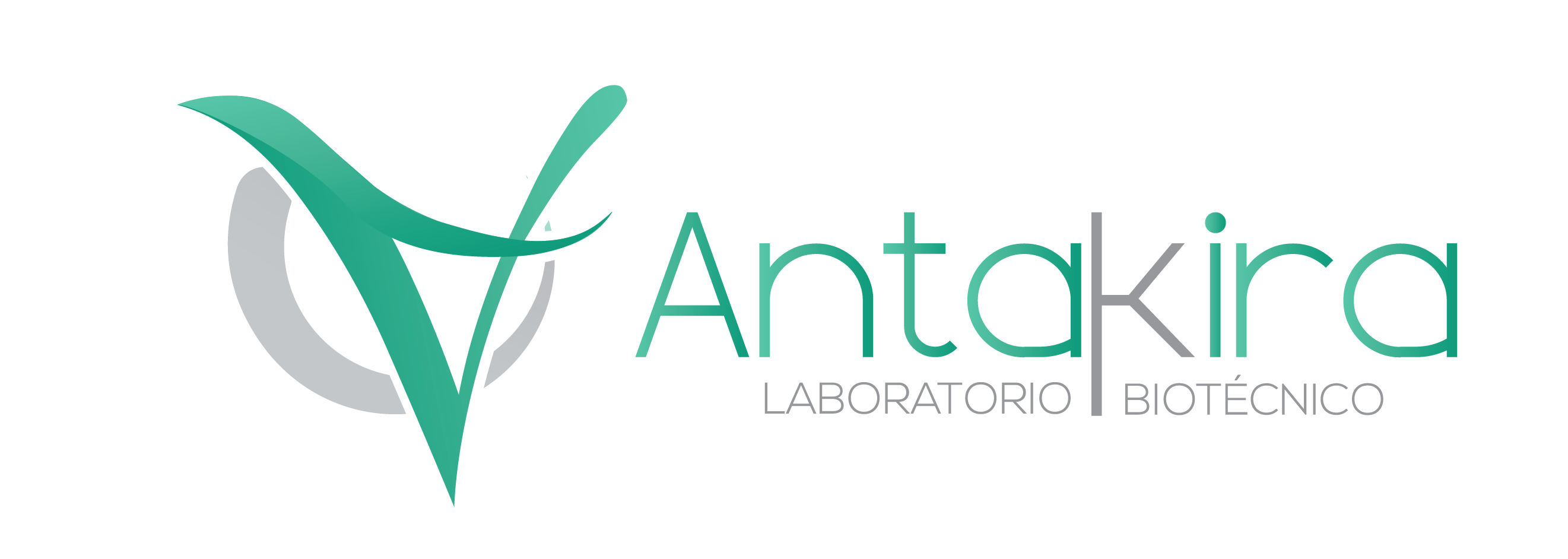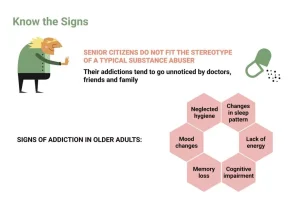Moreover, dandelion root is a natural source of antioxidants, which protect your cells from damage and support your immune system. This natural therapy ties into the mind-body connection by helping reduce oxidative stress, thereby promoting mental clarity and emotional stability. St. John’s Wort can be a valuable ally in your holistic journey to overcome alcohol addiction, thanks to its mood-stabilizing effects.
For Immediate Treatment Help Call 800-526-5053
- It is well established that inherited human aldehyde dehydrogenase 2 (ALDH-2) deficiency reduces the risk for alcoholism.
- “The first step is to understand how much you’re actually drinking,” says Katie Witkiewitz, Ph.D., a psychology professor at the University of New Mexico and author of the 2019 study, “Advances in the Science and Treatment of Alcohol Use” in Science Advances.
- Since common withdrawal symptoms include diarrhea, vomiting, and nausea, vitamins can help supplement the nutrients you’ve lost.
- Some commonly used herbal supplements for alcoholism include St. John’s wort, Ashwagandha, and Kudzu.
- Long-term exposure to alcohol causes adaptive changes in several neurotransmitters, including GABA, glutamate, and norepinephrine, among many others.
- With respect to behavioral treatments, there are numerous opportunities for the development of novel mobile interventions that could provide treatment and recovery support in near real time.
This post is offered as a concise review of promising herbal and other natural product treatments of alcohol craving and withdrawal, narcotic withdrawal, and benzodiazepine withdrawal. New directions for behavioral treatment development include a greater focus on identifying effective elements of behavioral treatments and on the components of treatment that are most critical for successful behavior change (89, 113). Studies investigating the effects of specific treatment components are critical for refining treatment protocols to more efficiently target the symptoms of alcohol use disorder. Continued development of mobile health interventions will also help with disseminating treatment to a wider range of individuals struggling with alcohol use disorder.
Drink water.
Thus, longitudinal surveys and laboratory experiments are needed to establish temporal directionality and causal relationships between SDT constructs and alcohol harm reduction behaviors as well as to test critical proposals of SDT. SDT proposes that autonomous motivation is necessary for the maintenance of health-promoting behaviors over time, and thus may provide a framework for understanding long-term adoption of harm reduction behaviors, including recovery form alcohol use disorder. In fact, the National Institute on Alcohol Abuse and Alcoholism (NIAAA) (2020) recently proposed a definition of recovery that includes the satisfaction of basic needs and improvements in psychosocial functioning and well-being, which has substantial overlap with the content of SDT.
Milk thistle for the liver.
- It enhances your energy levels, which can be a game-changer as you work on rebuilding your life without alcohol.
- In its book Living Sober, Alcoholics Anonymous suggests navigating these feelings with exercise, talking the situation through with a trusted friend, getting rest and choosing a “live and let live” mindset instead of drinking.
- That is, according to SDT, there are three innate psychological needs for autonomy, competence, and relatedness (see Table 1) (Ryan and Deci 2017).
In addition there is significant evidence related to the role of the genetics of bitter receptors (TAS2R) and… Such a treatment may include pharmacological and/or psychosocial tools, as summarized in the next sections. Long-term exposure to alcohol causes adaptive changes in several neurotransmitters, including GABA, https://ecosoberhouse.com/ glutamate, and norepinephrine, among many others. Discontinuation of alcohol ingestion results in the nervous system hyperactivity and dysfunction that characterizes alcohol withdrawal (15, 16). Acting on several types of brain receptors, glutamate represents one of the most common excitatory neurotransmitters.
Similar content being viewed by others
Some essential oils may contain alcohol, which can be triggering for those in recovery from alcohol addiction. Additionally, essential oils should be used in moderation and under the guidance of a healthcare professional to ensure safe and appropriate use. In addition to exploring herbal remedies, addressing nutritional deficiencies is crucial for overall well-being.
When battling alcohol addiction, your body often faces inflammation, which can hinder the healing process. Incorporating dandelion root into your regimen can help soothe this inflammation and promote overall well-being. When you’re looking to support your body holistically during alcohol addiction recovery, dandelion root is a powerful ally.
Exploring Ashwagandha for Alcohol Withdrawal and Cravings
When you’re struggling with alcohol addiction, stress and anxiety often play significant roles in relapse. Ashwagandha works on a biochemical level to reduce cortisol levels, the stress hormone, thereby fostering a calmer mind and a more stable emotional state. A recent study by our group (Bardazzi et al. herbs to curb alcohol cravings 2006) highlighted that 16.50% of Italian Alcohol and Drug Addiction Services use CMs for alcohol dependence treatment, and in these services 10.08% of the patients are treated by phytotherapy. This review will discuss the effect of some vegetable drugs on alcohol dependence and their possible benefit.
By integrating such herbs into your recovery plan, you create a harmonious balance, addressing both physical and emotional aspects of addiction. You’ll find that kudzu root can be a gentle yet effective partner in your holistic recovery plan, harmonizing with other natural therapies. By incorporating kudzu root into your treatment plan, you align yourself with a holistic, integrative approach that honors the mind-body connection. Natural therapies like milk thistle can be incredibly effective when integrated with other holistic practices such as meditation, acupuncture, and proper nutrition. This multifaceted approach ensures that you’re not only addressing the physical toll of addiction but also nurturing your mental and emotional health.
Herbs and Helpers ® – Herbal Services and Solutions Herbalist Supplier Herbs.
This can lead you to drink less or stop drinking which can prevent or ease withdrawal symptoms. Incorporating dandelion root into your diet brings a wealth of nutritional benefits that support your holistic recovery journey. Packed with essential vitamins and minerals, dandelion root is a powerhouse of nutrients that nourish your body from the inside out. By incorporating ashwagandha into your treatment plan, you can tap into its natural ability to restore equilibrium in your body and mind. This herb not only reduces stress but also enhances your overall well-being by improving your sleep quality and boosting your energy levels.
- This post is offered as a concise review of promising herbal and other natural product treatments of alcohol craving and withdrawal, narcotic withdrawal, and benzodiazepine withdrawal.
- Thus, techniques that support the psychological needs are proposed to be active ingredients of intervention that increase health-promoting behaviors (Ryan et al. 2008).
- If you or a loved one struggles with alcohol abuse, please contact our helpline today to learn more about our treatment options.
- Because the heterogeneity of alcohol use disorder makes it highly unlikely that one single treatment will work for all individuals, it is important to provide a menu of options for pharmacological and behavioral therapies to both clinicians and patients.
- Risk factors proposed in the AARDoC, including incentive salience, negative emotionality, executive function, and social environmental factors, are shown in black bold font encircling alcohol use.
- Alcohol use disorder is one of the most common psychiatric disorders, with nearly one-third of U.S. adults experiencing alcohol use disorder at some point during their lives.
Comments are closed.






